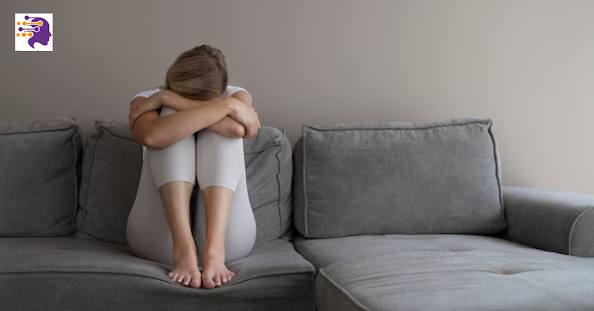Techniques for Reducing Anxiety Disorder Triggers
Anxiety disorders affect millions of people worldwide, causing distress, panic, and a significant reduction in quality of life. The triggers for anxiety vary from person to person, but managing them effectively can lead to improved mental well-being. If you are looking for anxiety disorder treatment in Indore, understanding and implementing the right techniques can help you regain control over your mental health. This article explores various strategies to reduce anxiety disorder triggers and highlights the importance of consulting the best psychiatrist in Indore for professional guidance.
1. Identify and Understand Triggers
The first step in reducing anxiety disorder triggers is recognizing what causes distress. Common triggers include:
Stressful life events (work pressure, financial difficulties, relationship issues)
Trauma or past experiences
Certain medications or substances (caffeine, alcohol, recreational drugs)
Social situations or public speaking
Health concerns or fear of illness
Keeping a journal to track anxiety episodes and their causes can help identify patterns and enable better management strategies.
2. Practice Deep Breathing Techniques
Controlled breathing exercises can help manage anxiety by calming the nervous system. One effective technique is the 4-7-8 breathing method:
Inhale deeply through your nose for 4 seconds.
Hold your breath for 7 seconds.
Exhale slowly through your mouth for 8 seconds.
Repeating this cycle for a few minutes can reduce anxiety symptoms and bring a sense of relaxation.
3. Engage in Regular Physical Activity
Exercise is one of the most effective natural treatments for anxiety disorder treatment in Indore. Activities such as walking, jogging, yoga, and swimming release endorphins, which are known as "feel-good" hormones. Regular physical activity can:
Reduce stress levels
Improve sleep patterns
Increase self-confidence
Enhance overall mental well-being
Even a 30-minute walk in a park can significantly reduce anxiety symptoms.
4. Maintain a Healthy Diet
What you eat can impact your anxiety levels. A diet rich in whole grains, fresh fruits, vegetables, and lean proteins can help stabilize mood. On the other hand, consuming excessive caffeine, sugar, and processed foods can trigger anxiety symptoms. Some beneficial foods include:
Omega-3 fatty acids (found in fish, flaxseeds, walnuts)
Magnesium-rich foods (such as spinach, almonds, bananas)
Chamomile tea, which has calming properties
Staying hydrated and avoiding alcohol and nicotine can also play a crucial role in reducing anxiety triggers.
5. Practice Mindfulness and Meditation
Mindfulness meditation helps individuals stay present in the moment, reducing negative thoughts and overthinking. Techniques such as progressive muscle relaxation (PMR) and guided imagery can also help individuals cope with anxiety-provoking situations.
Apps like Headspace and Calm provide guided meditation sessions that can be incorporated into a daily routine.
6. Establish a Healthy Sleep Routine
Poor sleep can increase anxiety levels. To improve sleep quality, consider the following tips:
Stick to a consistent sleep schedule.
Avoid screens (phones, tablets, and TVs) at least an hour before bedtime.
Create a calming bedtime routine (reading, taking a warm bath, listening to soothing music).
Keep the bedroom cool, dark, and quiet for better sleep.
7. Limit Exposure to Stressful Situations
While avoiding stress entirely is impossible, managing exposure to anxiety triggers is crucial. Strategies include:
Setting realistic goals and expectations
Learning to say no to overwhelming commitments
Taking breaks when feeling overwhelmed
Practicing time management to avoid last-minute pressure
8. Seek Professional Help
If anxiety becomes overwhelming and interferes with daily life, seeking professional help is essential. A best psychiatrist in Indore can provide evidence-based treatments such as:
Cognitive Behavioral Therapy (CBT): Helps reframe negative thought patterns and develop coping strategies.
Medication Management: In some cases, medication such as antidepressants or anti-anxiety drugs may be prescribed.
Psychotherapy and Counseling: Talking to a trained therapist can provide emotional support and guidance.
Managing anxiety disorder triggers requires a combination of lifestyle changes, stress management techniques, and professional support. Identifying triggers, practicing mindfulness, exercising, and maintaining a balanced diet can significantly reduce anxiety symptoms. However, if anxiety persists, seeking anxiety disorder treatment from a qualified psychiatrist is recommended. The best psychiatrist can provide personalized treatment plans to help individuals regain control over their lives and achieve better mental health.
By implementing these techniques and seeking professional guidance, individuals can reduce anxiety triggers and lead a more balanced and fulfilling life.




Comments
Post a Comment